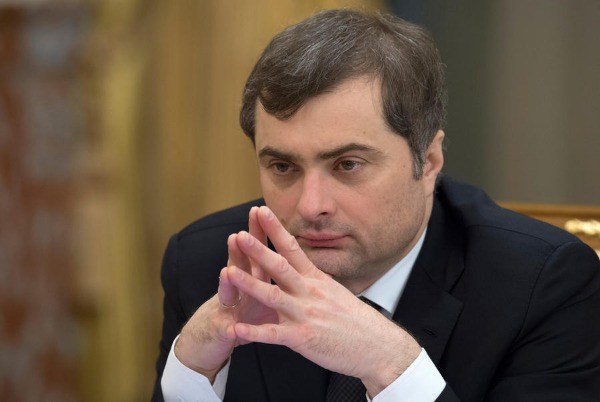Putin's Aide Surkov predicts centuries of 'geopolitical loneliness' for Russia
In an article for the magazine Russia in Global Affairs , Presidential Advisor Vladislav Surkov said that Russia can expect between one and three centuries of “geopolitical loneliness”, and said that the country had abandoned the “multiple fruitless attempts” to integrate into western civilization.
According to Surkov, the introduction of sanctions in 2014 brought an end to “Russia’s epic journey” towards the West, “thoughtlessly begun by False Dmitry and decisively continued by Peter I”. During this time, the Russian state endeavored “to force its way sideways into the West” - the autocrats “eagerly married Germans”, the nobility and bureaucracy absorbed “vagrant foreigners”, and the army “fought victoriously and sacrificially in all of Europe’s major wars”.
This did not lead to the West gaining interest in the ideas of socialism as embodied in Russia. At the end of the last century, Moscow once again requested to join Europe, already “remote and vilified”, but was once more unable to fit into the West. Then calls were voiced to “recoil to the East”, but this journey has already taken place in Russian history, Surkov observes.
“Russia spent four centuries moving toward the East and another four centuries moving toward the West, but did not take root in either place. Both roads have been taken. Now the ideologies of a third path will be required, a third type of civilization, a third type, a third Rome,” the presidential advisor writes.
Surkov does not call Russia an alternative or third civilization, but rather a “dual and double-natured” civilization, including in itself both the East and the West.
“Russia is a half-breed western and eastern country. With its double-headed statehood, hybrid mentality, intercontinental territory and bipolar history it is – as expected of a half-breed – charismatic, talented, beautiful and alone,” the politician believes.
This loneliness does not mean that Russia is completely isolated, but denies it complete openness, because both isolation and openness “would be a repetition of past mistakes”. The country will trade, fight, take part in international organizations, exchange knowledge, evoke fear and hatred, curiosity, fascination and sympathy, but no longer with “false goals and self-denial”, Surkov concluded.
